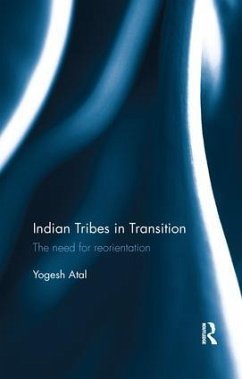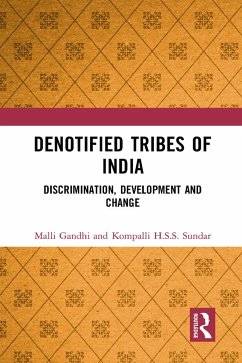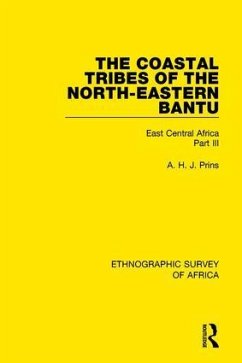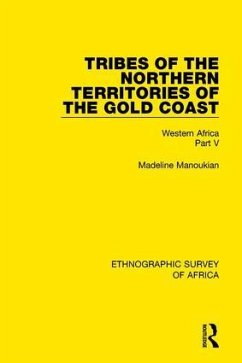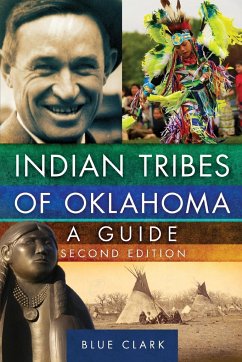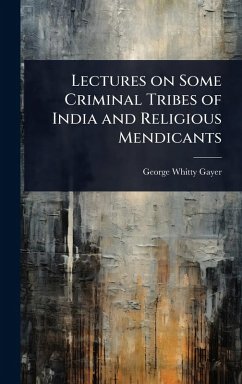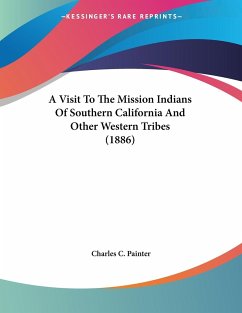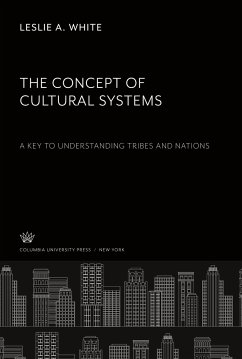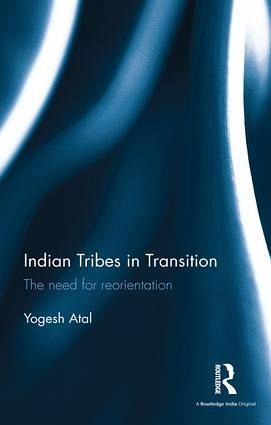
Indian Tribes in Transition
The need for reorientation
Versandkostenfrei!
Versandfertig in 1-2 Wochen
195,99 €
inkl. MwSt.
Weitere Ausgaben:

PAYBACK Punkte
98 °P sammeln!
This book argues for the need to develop a fresh approach to the study of India's tribal communities. It underlines the significance of region-specific strategies in place of an overarching umbrella scheme for studying tribes and offers a new perspective on how to accommodate the diversity and transformations within culture over time and through globalization.




